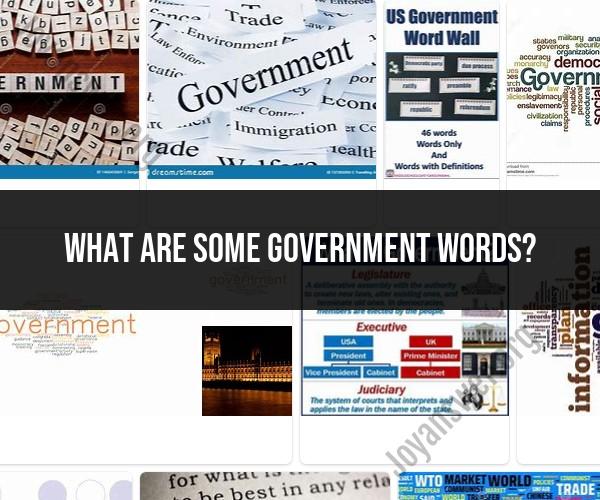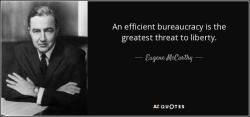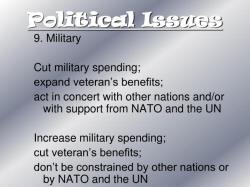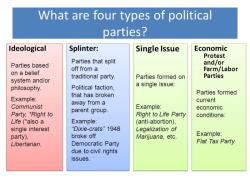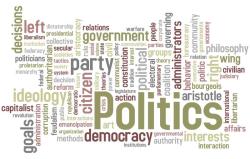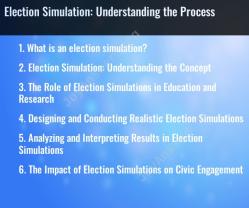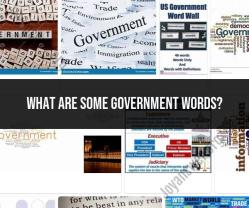What are some government words?
Certainly, here are some key government-related terms:
Democracy: A system of government where power is vested in the people, who exercise it through freely elected representatives.
Republic: A form of government in which the country is considered a "public matter," and the head of state is an elected or appointed official, not a hereditary monarch.
Constitution: The fundamental and supreme law of a nation that establishes the framework for its government and its citizens' rights.
Legislation: Laws enacted by a legislative body, such as a parliament or congress.
Executive: The branch of government responsible for implementing and enforcing laws; often headed by a president or prime minister.
Judiciary: The branch of government responsible for interpreting and applying laws, typically through courts and judges.
Bureaucracy: The administrative structure and officials who implement government policies and programs.
Citizen: A legal member of a particular country or nation who has rights and responsibilities within that country.
Civil Rights: The rights of citizens to political and social freedom and equality, typically protected by law.
Political Party: An organized group of people who share similar political beliefs and seek to influence government policies by electing their members to public office.
Election: The process by which citizens choose their representatives or leaders through voting.
Campaign: Organized efforts by candidates, parties, or interest groups to promote their views and gain support during an election.
Public Policy: Decisions and actions undertaken by a government to address specific issues or challenges.
Budget: A financial plan outlining a government's expected revenue and expenditures for a specific period.
Taxation: The process of collecting money from individuals and businesses to fund government activities and services.
Foreign Policy: A government's strategy and decisions regarding its interactions with other countries.
Diplomacy: The practice of managing international relations and negotiations between countries.
Civil Service: Government employees who are not elected officials, typically hired based on merit and expertise.
Cabinet: A group of high-ranking government officials, usually appointed by the head of government, responsible for advising and implementing government policies.
Constituency: A geographic area represented by an elected official, such as a member of parliament or a senator.
These are just a few examples, and the field of government and politics has many more specific terms and concepts that are essential for understanding how governments operate.
